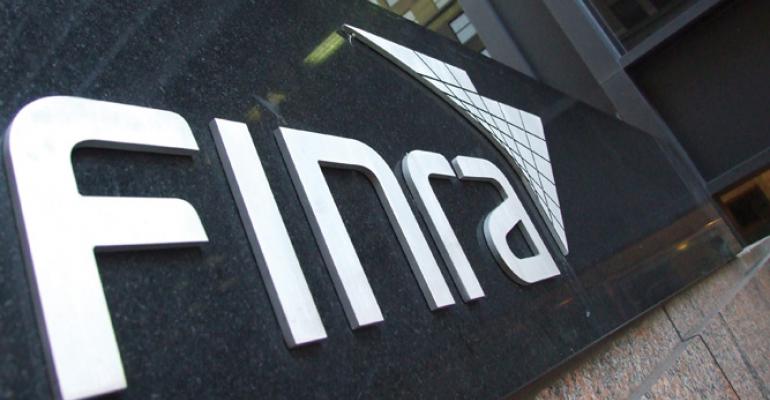Merrill Lynch’s and Raymond James’ employee and independent brokerage units have settled with the Financial Industry Regulatory Authority for a total of $12 million in client restitution for allegedly selling higher-cost share classes in 529 college savings plans than other classes available. The firms neither admitted nor denied the charges.
Earlier this year, FINRA launched a larger initiative aimed at discouraging brokers from selling higher-fee share classes in 529 plans. Under the initiative, FINRA won’t fine firms that self-report supervisory failures related to recommendations of 529 plan share classes.
But the Merrill and Raymond James matter predates the initiative, FINRA said. In a statement, Merrill said it self-reported the potential violations in June 2015.
“Even prior to FINRA’s involvement, Merrill implemented corrective measures, including enhanced policies and procedures to ensure clients receive the most appropriate shares in their accounts,” said Bill Halldin, Merrill spokesman.
“As part of an industry-wide review of share class selection in 529 savings plans and related supervision, and after many months of extensive cooperation with FINRA, Raymond James has agreed to a settlement where it will credit current and former eligible clients, including interest,” said Raymond James spokeswoman Kelly Gonzalez, in a statement. “The firm’s policies and processes were previously enhanced to address the issues in FINRA’s findings, and the remediation costs have been fully reserved. The firm is pleased to have resolved this matter.”
FINRA claims the firms failed to properly supervise reps who sold Class C shares of 529s to young clients, which have no front-end sales load but higher annual fees than Class A shares. Class C shares, therefore, tend to be more expensive for clients over the long term. FINRA said the firms did not have adequate written supervisory procedures in place.
Merrill Lynch agreed to pay $4 million in restitution to affected clients; Raymond James & Associates, the firm’s employee channel, will pay more than $3.8 million, while Raymond James Financial Services, its independent broker/dealer, will pay $4.2 million.
"FINRA member firms must be cognizant of all costs to their customers when recommending a product,” said Jessica Hopper, senior vice president and acting head of FINRA’s Department of Enforcement. “This is particularly important where an unsuitable recommendation may cause customers to incur higher fees year-after-year, especially in the case of young beneficiaries. Returning money to harmed investors as quickly and efficiently as possible remains a priority."





